Events
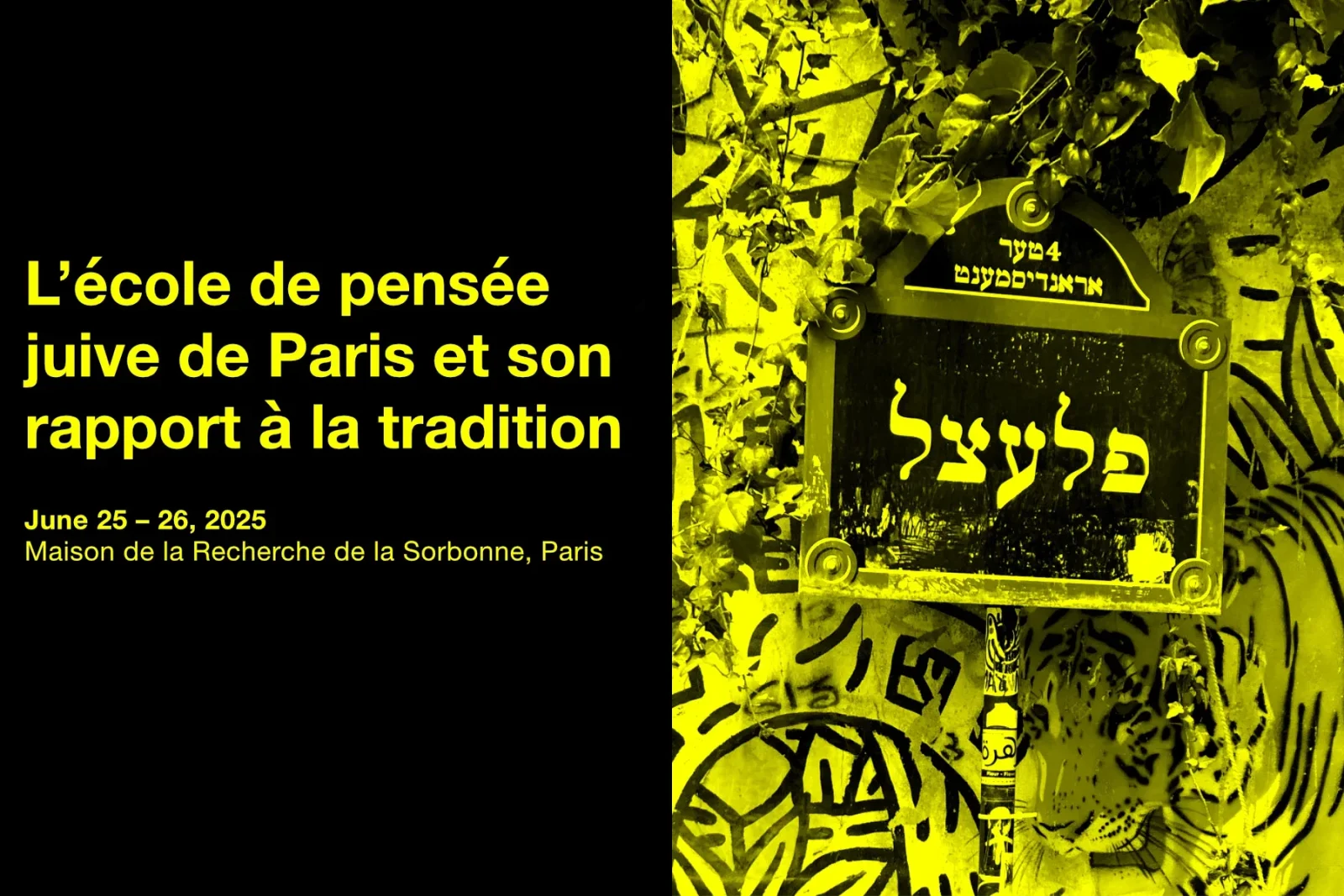
Photo: Elad Lapidot
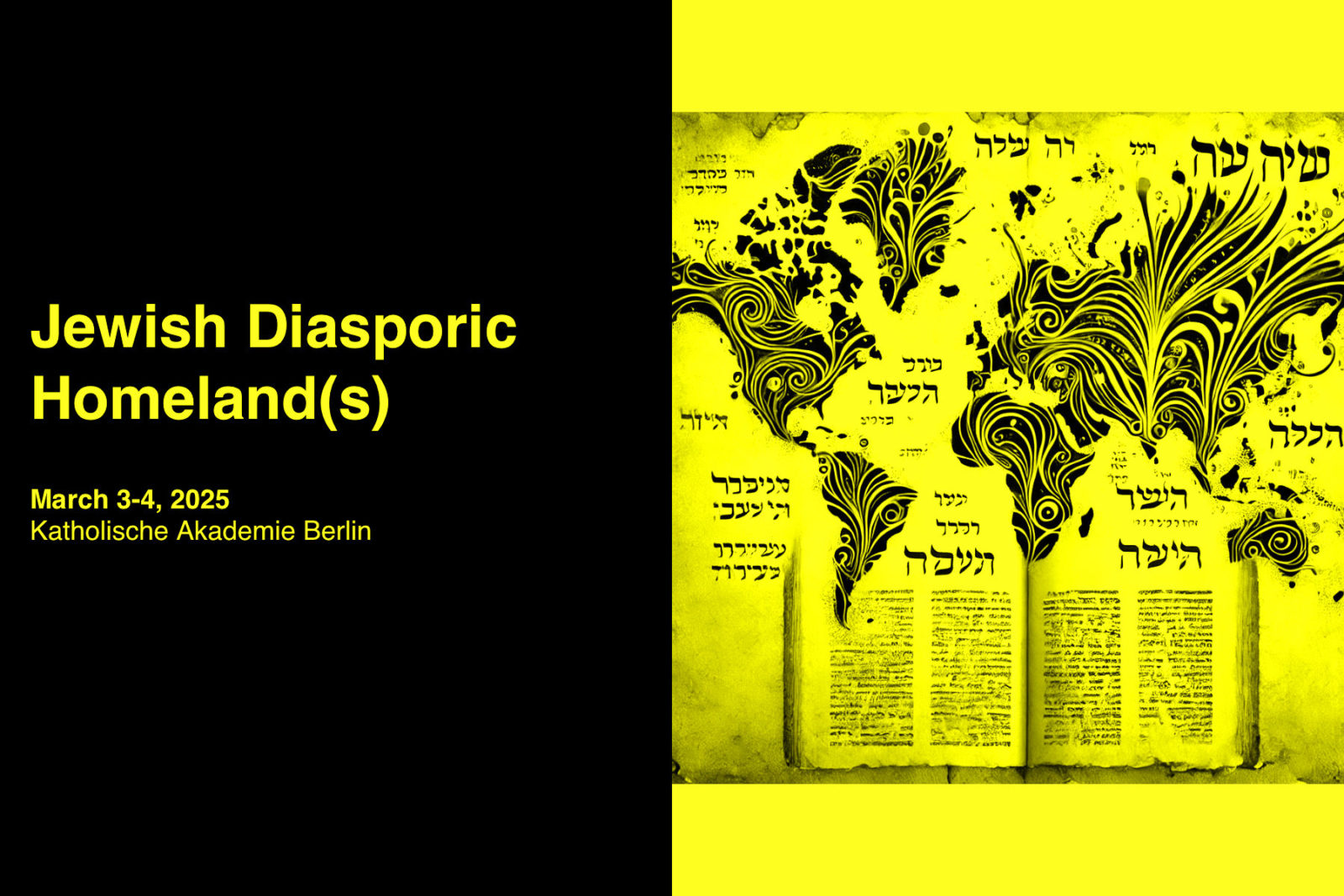
Image: Generated 02.2025, ChatGPT
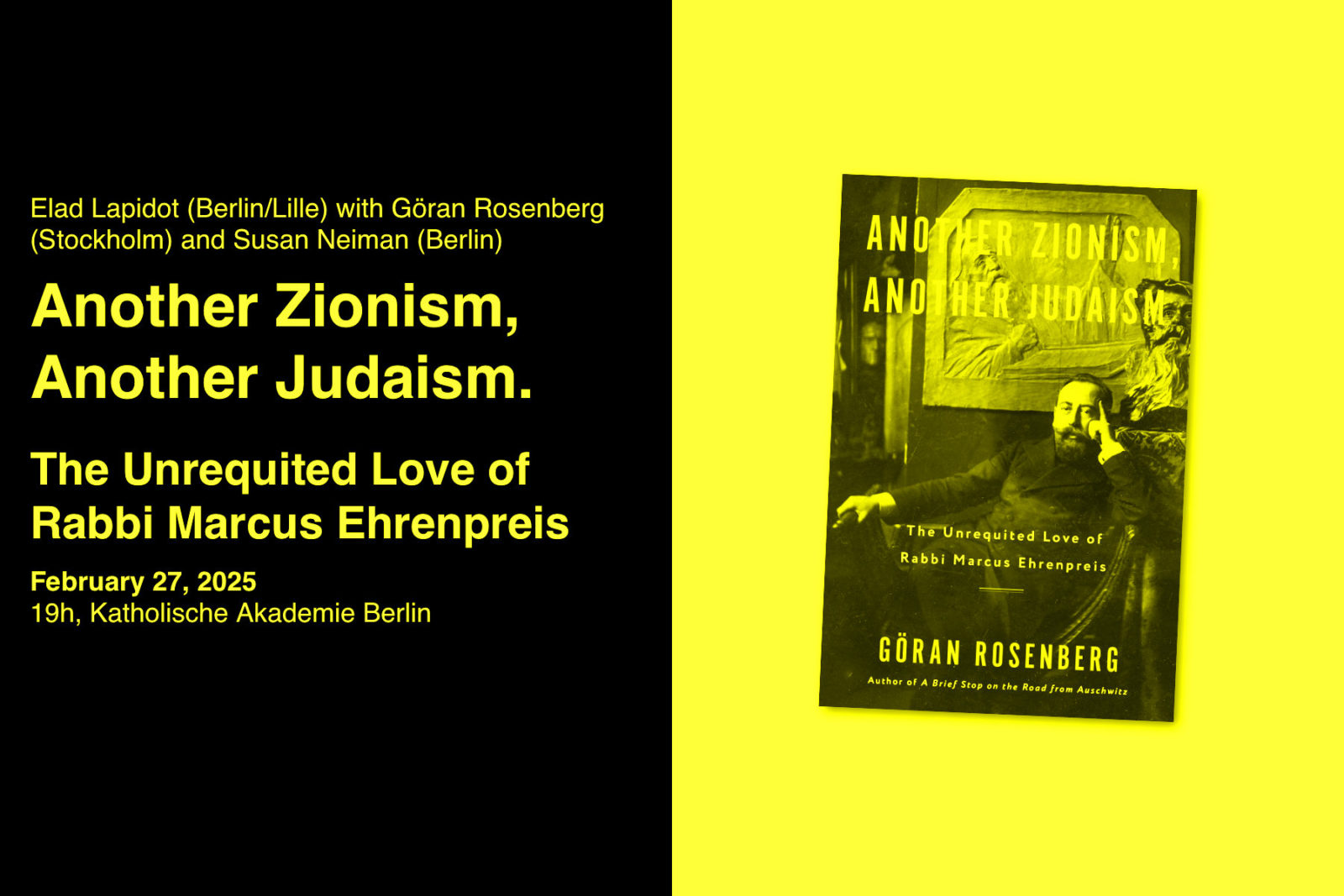
Image: Book Cover / Other Press

Photo: Wikimedia PDM 1.0
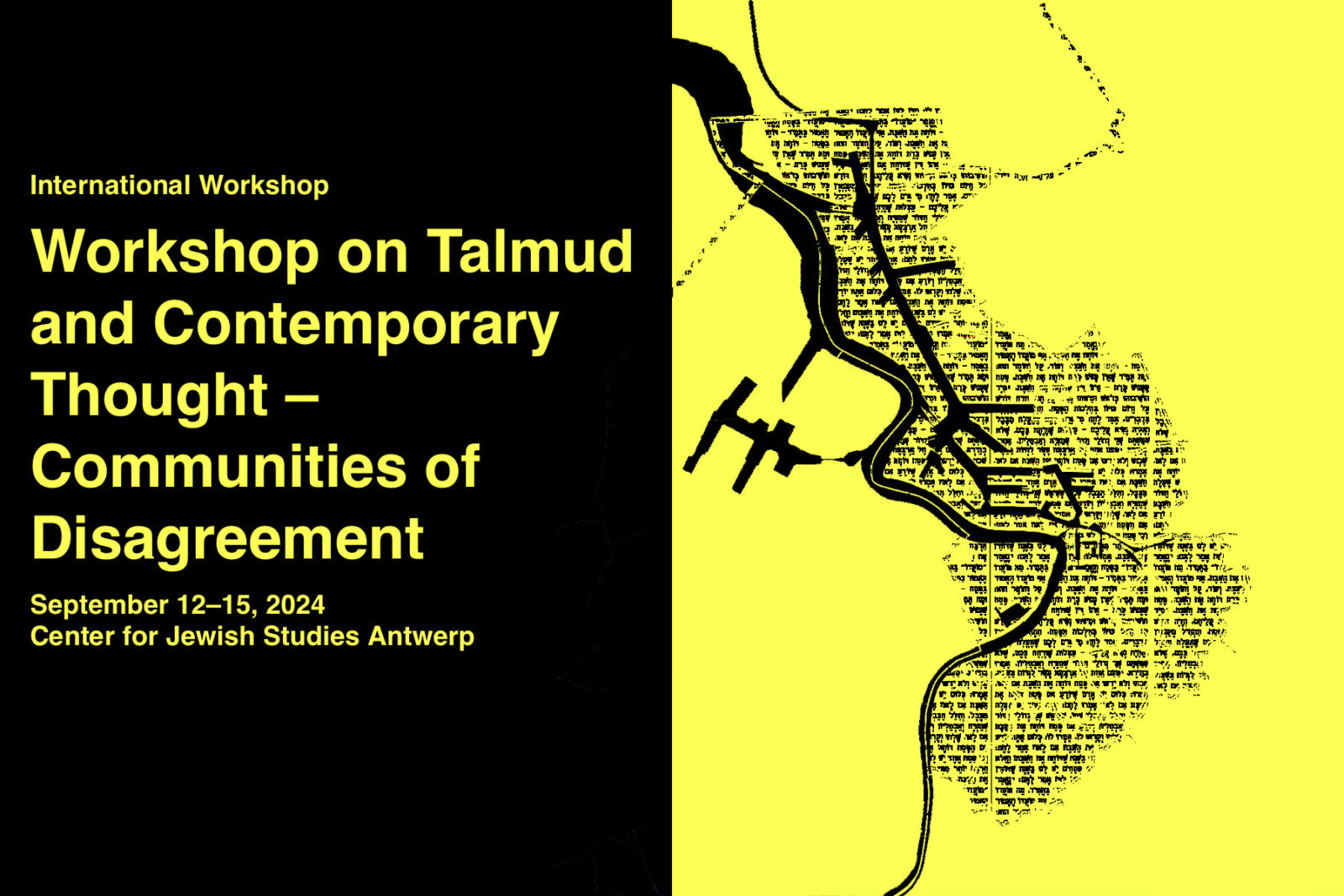
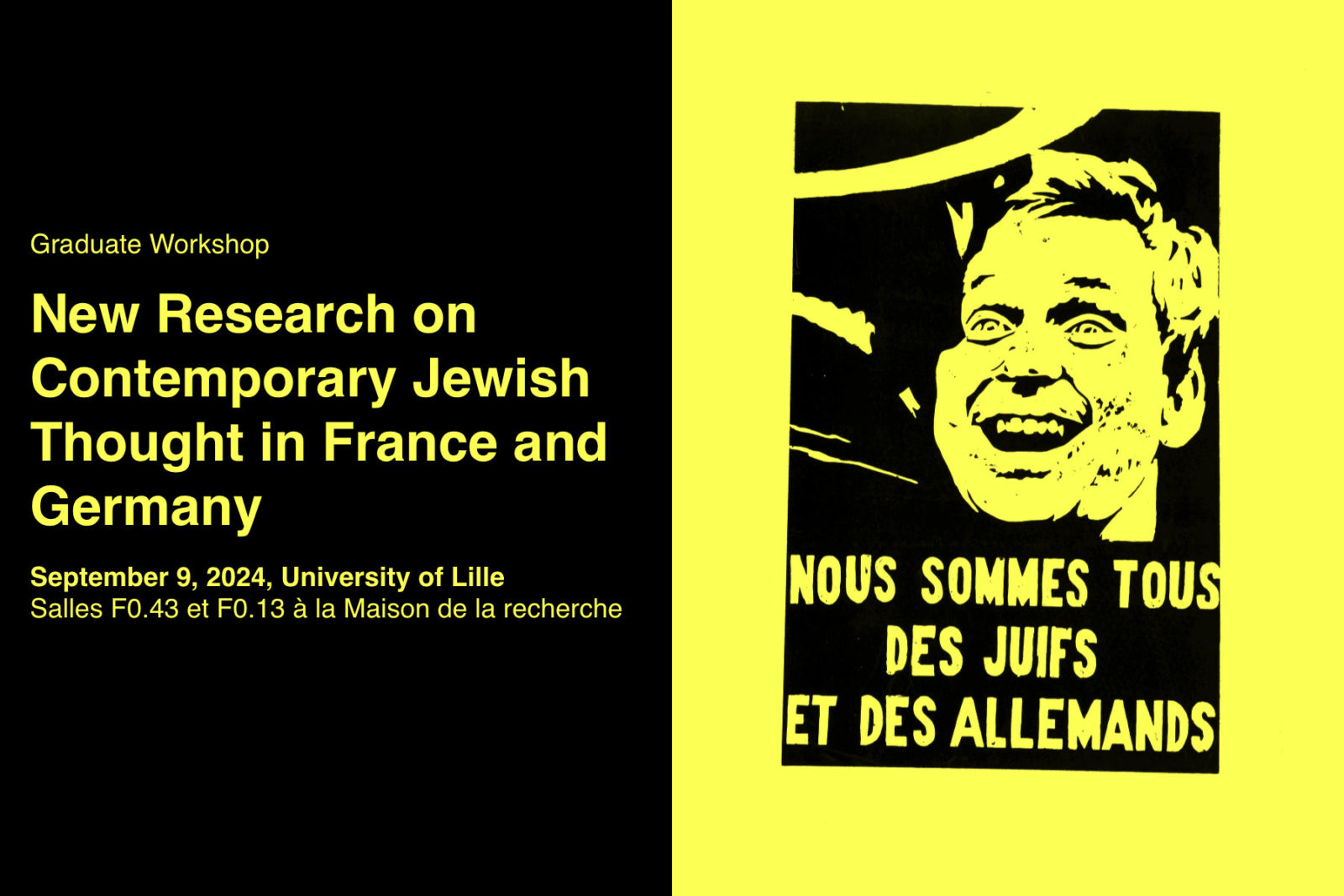
© Atelier Populaire, 1968
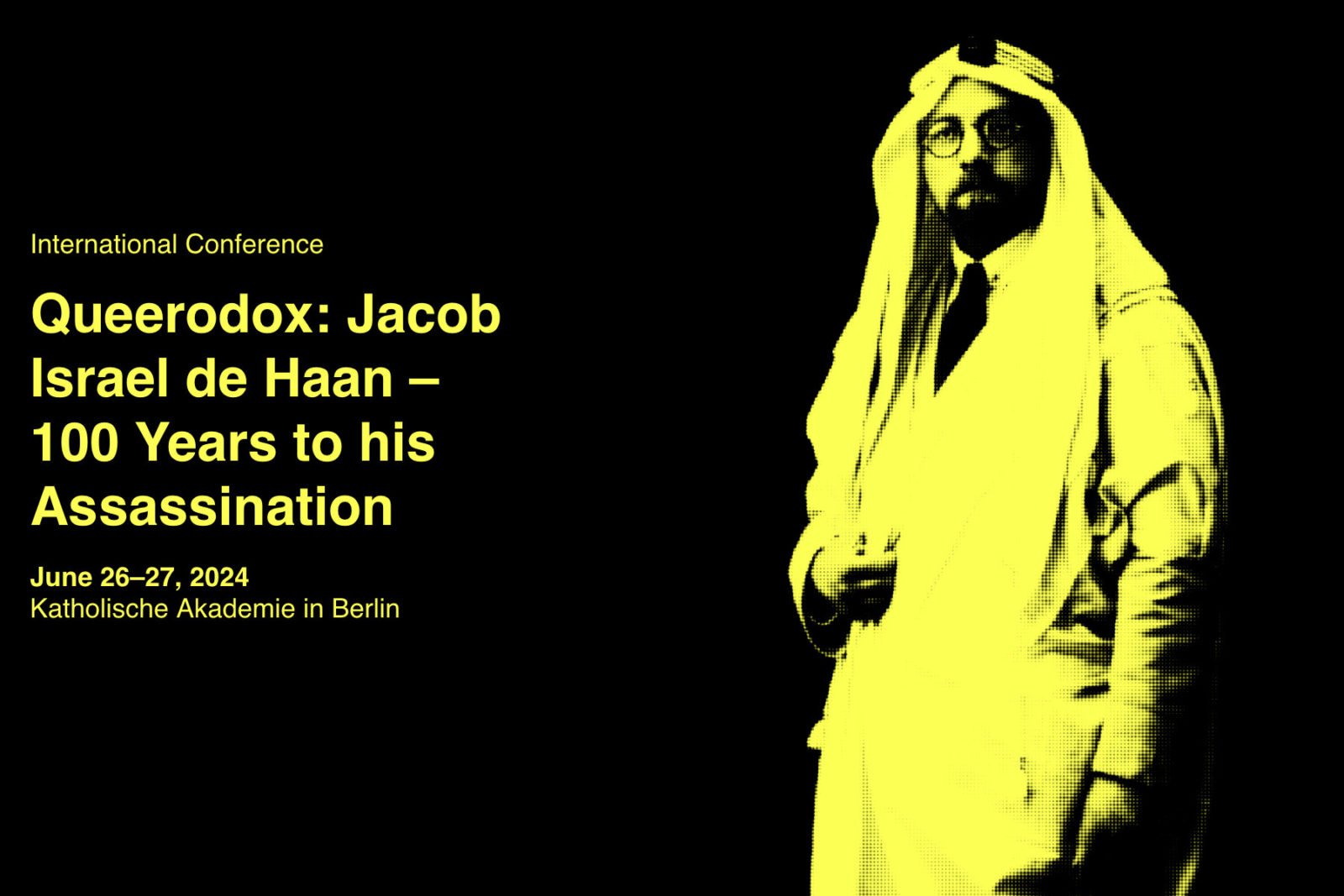
© G. Krikorian Jerusalem, Public domain, via Wikimedia Commons

© The Jewish Imperial Imagination, Cambridge University Press

© C.H.BECK Peter Schäfer, Das aschkenasische Judentum
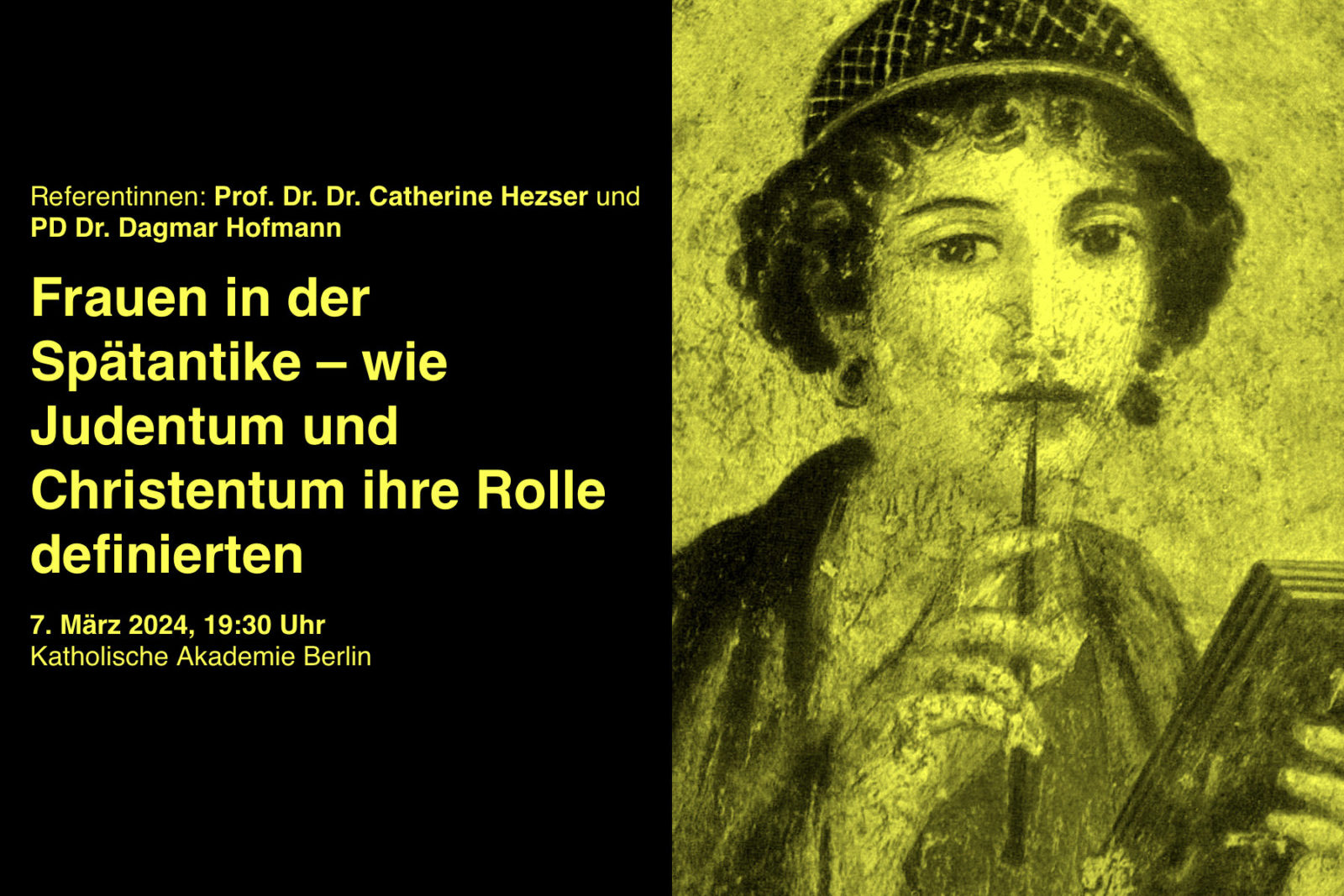
© Naples National Archaeological Museum | Public domain via Wikimedia Commons
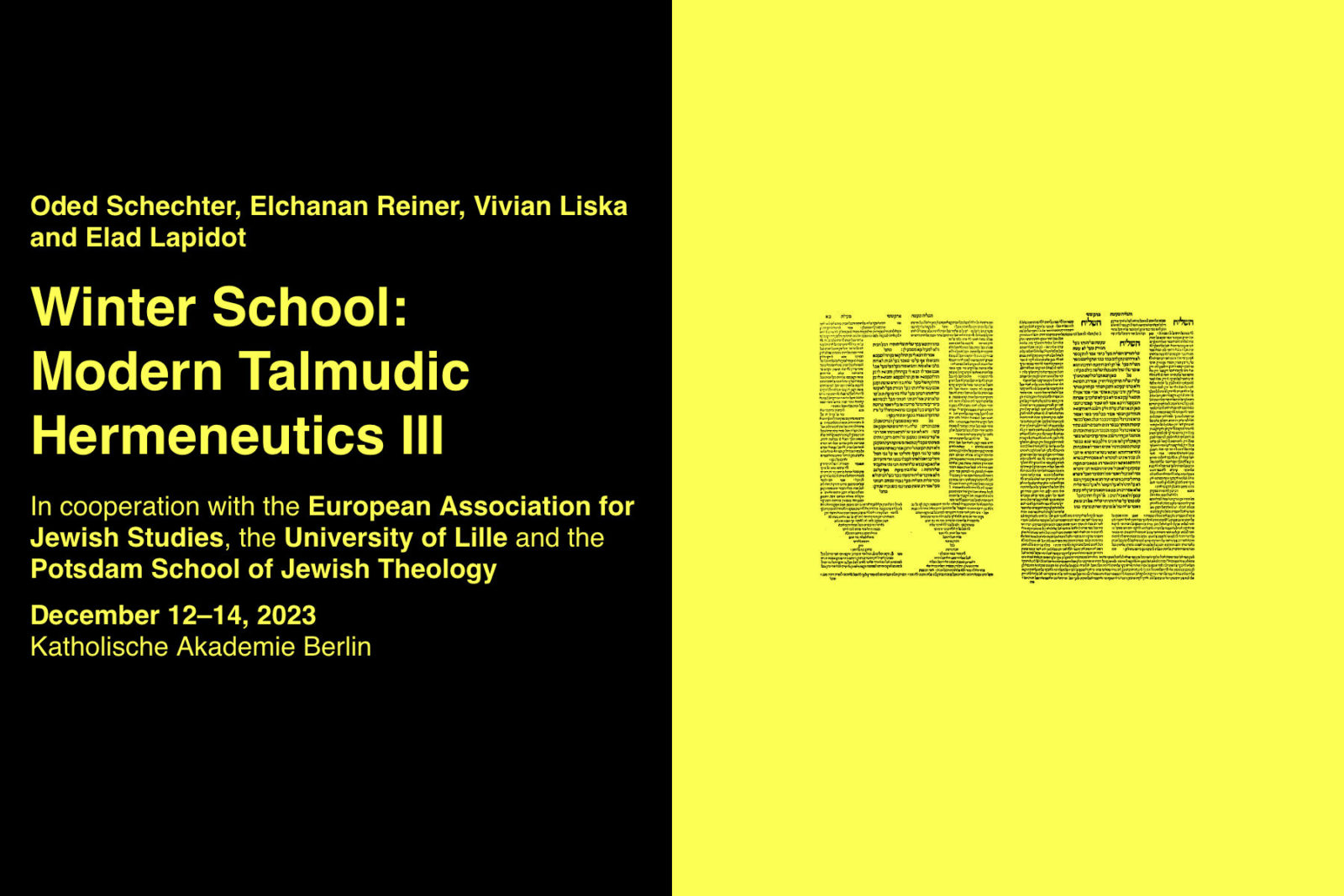

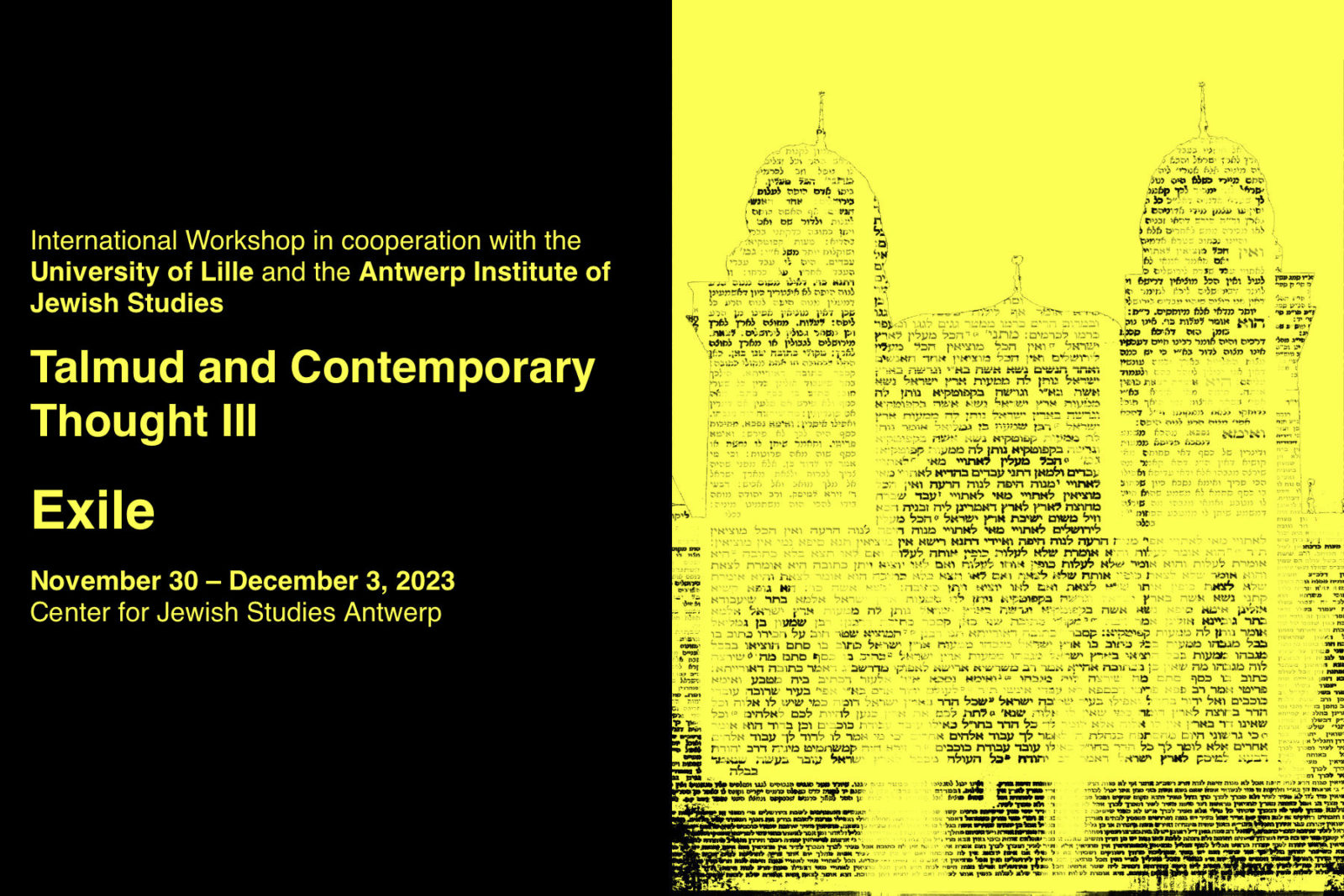
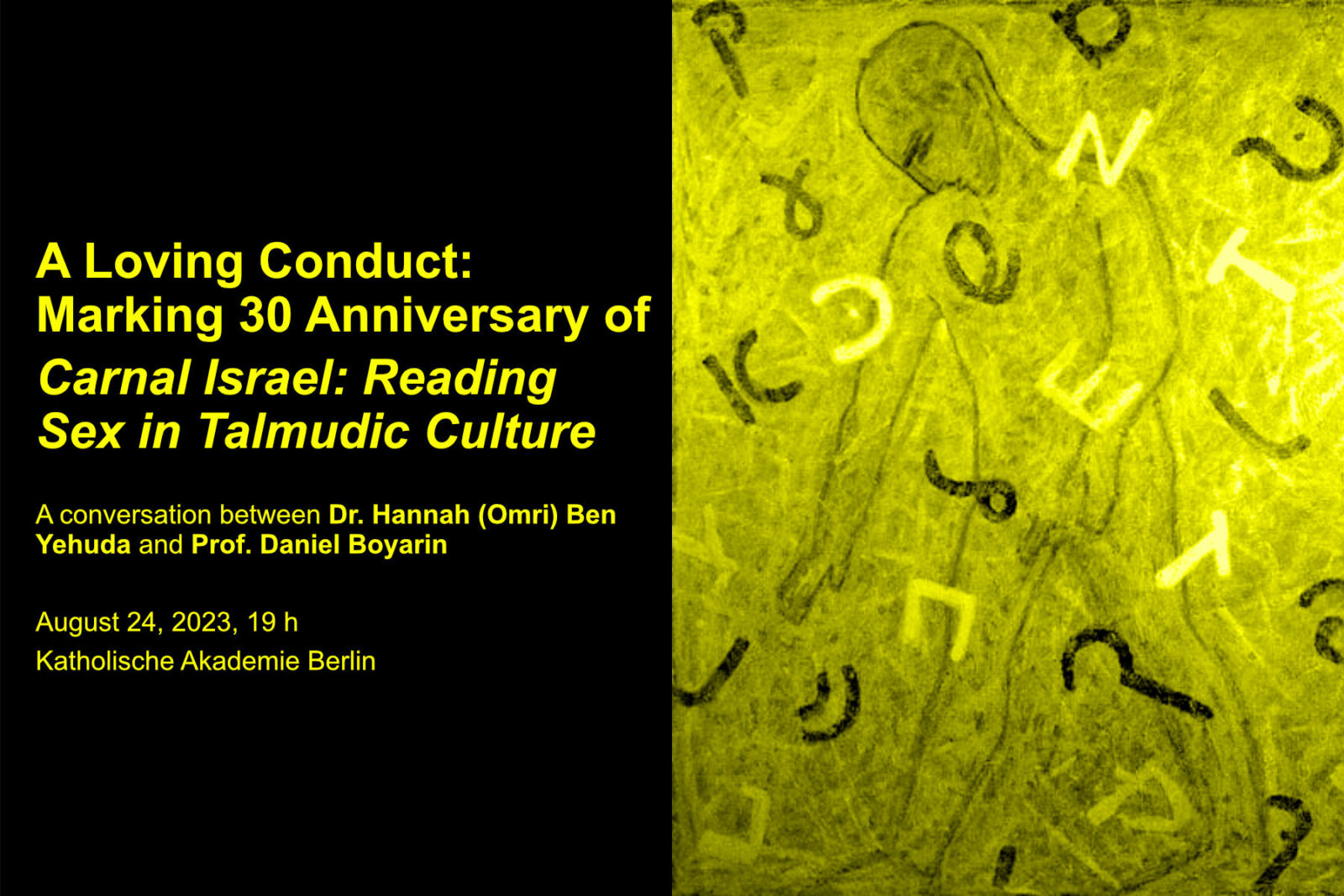
Image from the Cover: Carnal Israel

Portable typewriter, Olympia Splendid 66′ © The Board of Trustees of the Science Museum, CC BY-NC 4.0
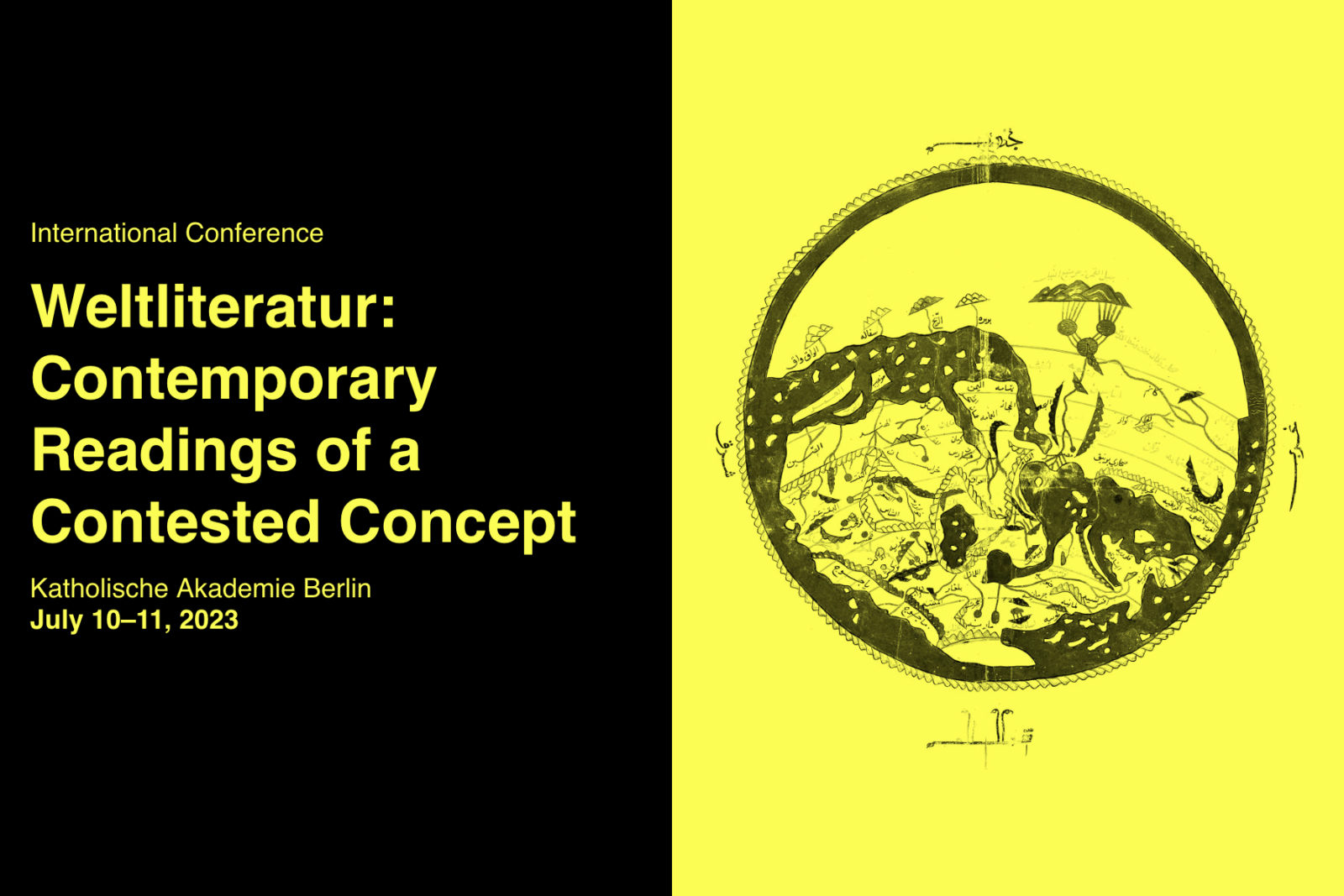
Nuzhat al-mushtāq fī ikhtirāq al-āfāq (c) Bodleian Libraries, University of Oxford, CC BY-NC 4.0
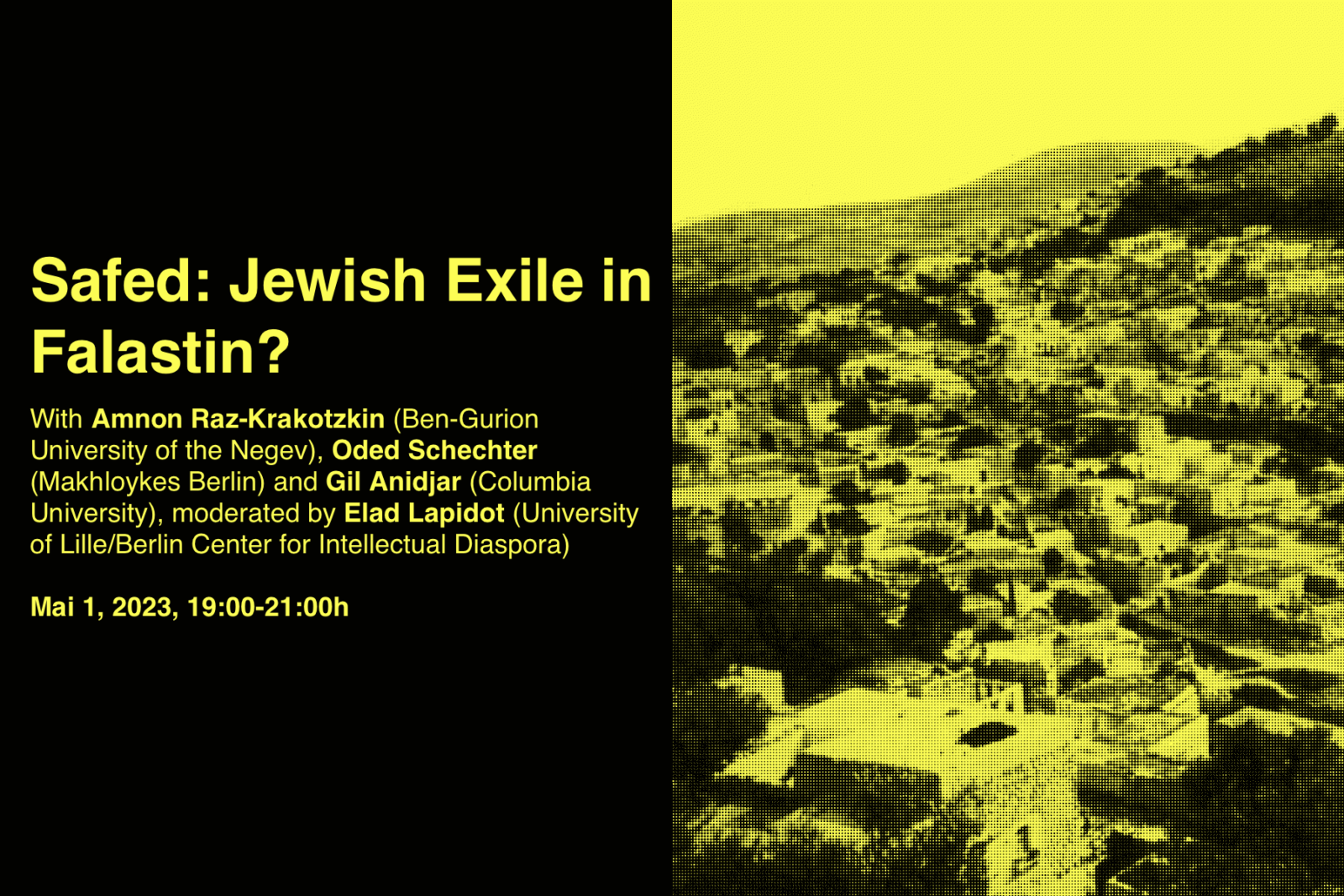
Photo: Safed 1908, Wikipedia
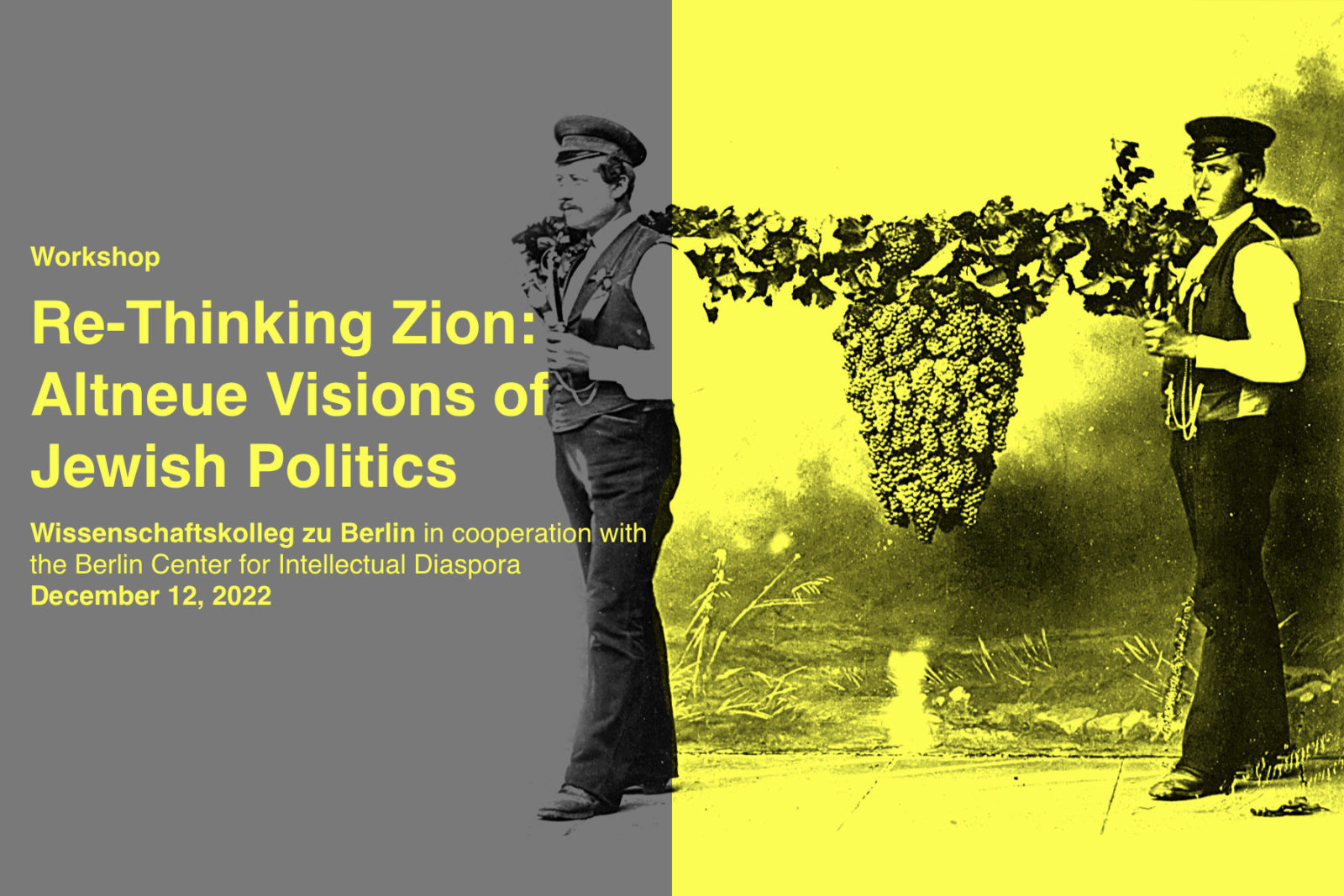
Photo: Weingärtner mit Kalebstraube, Wikipedia
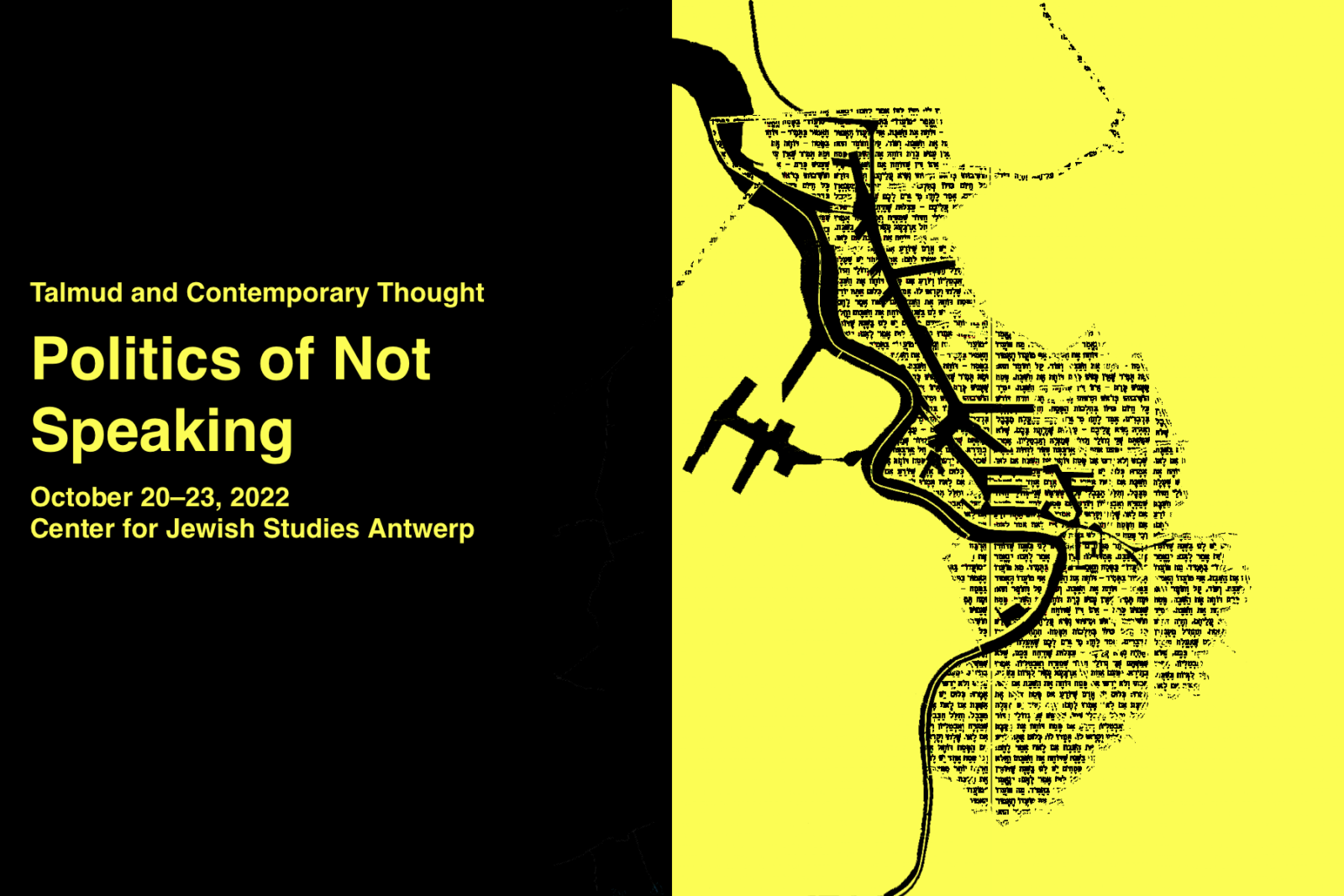
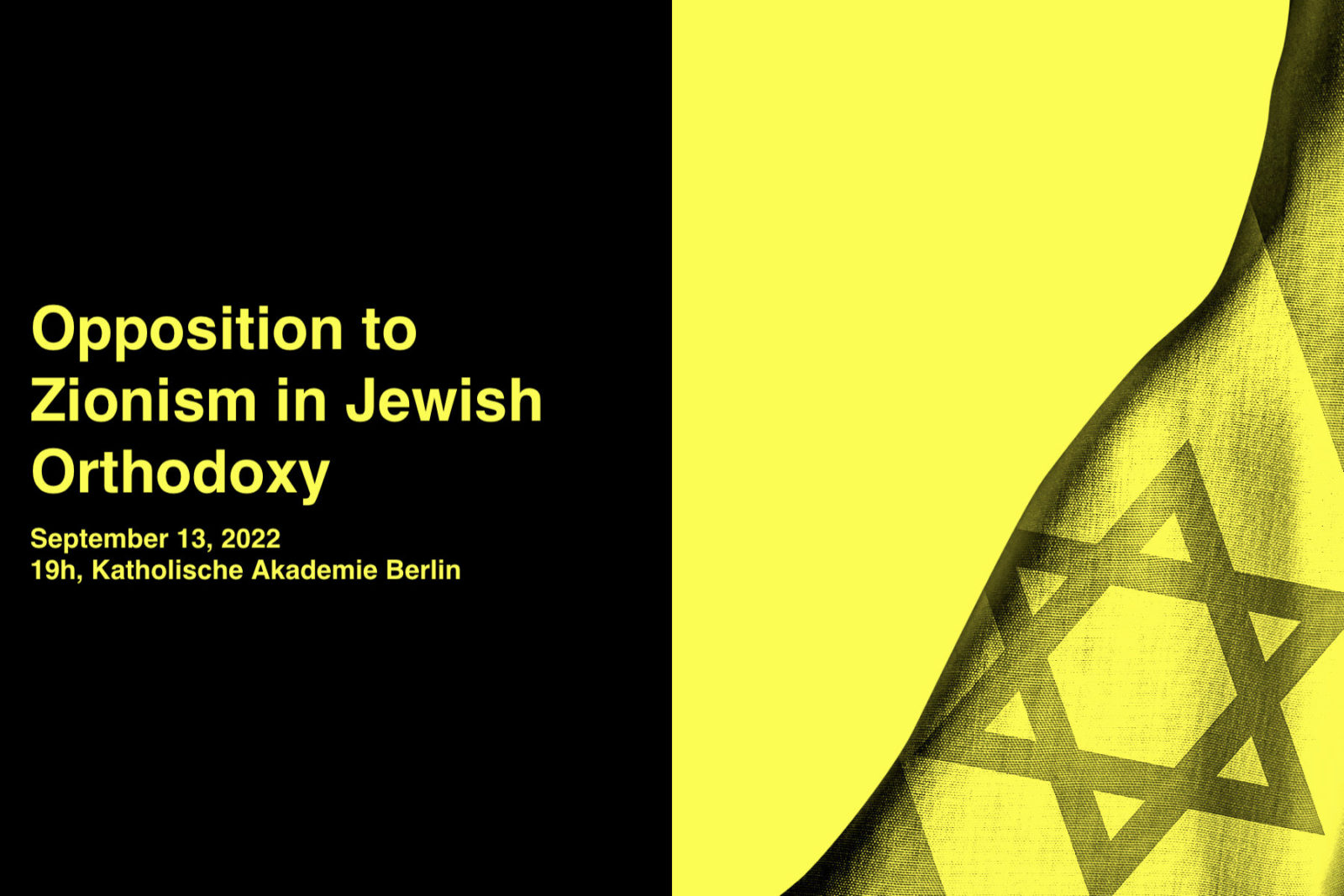
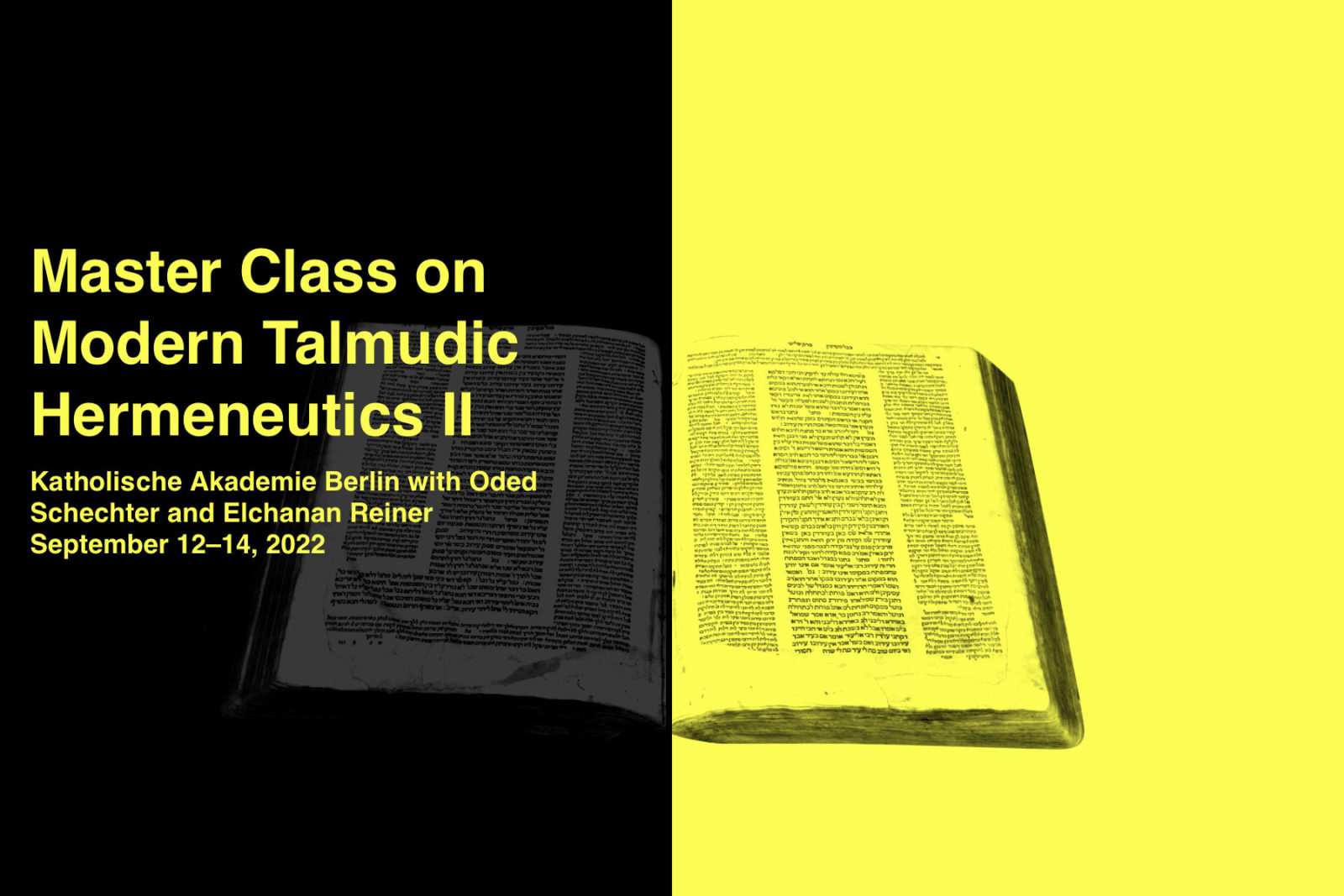
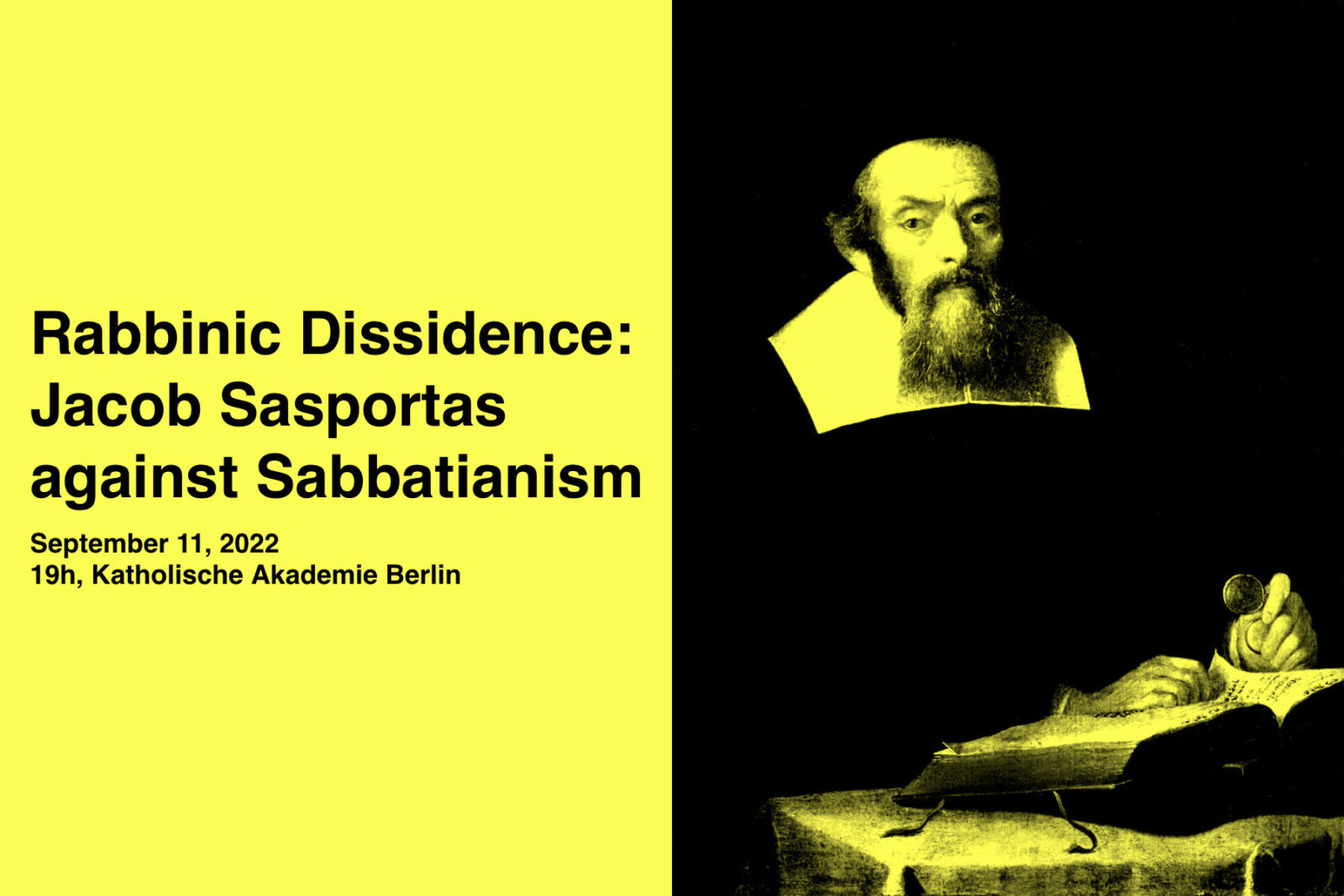
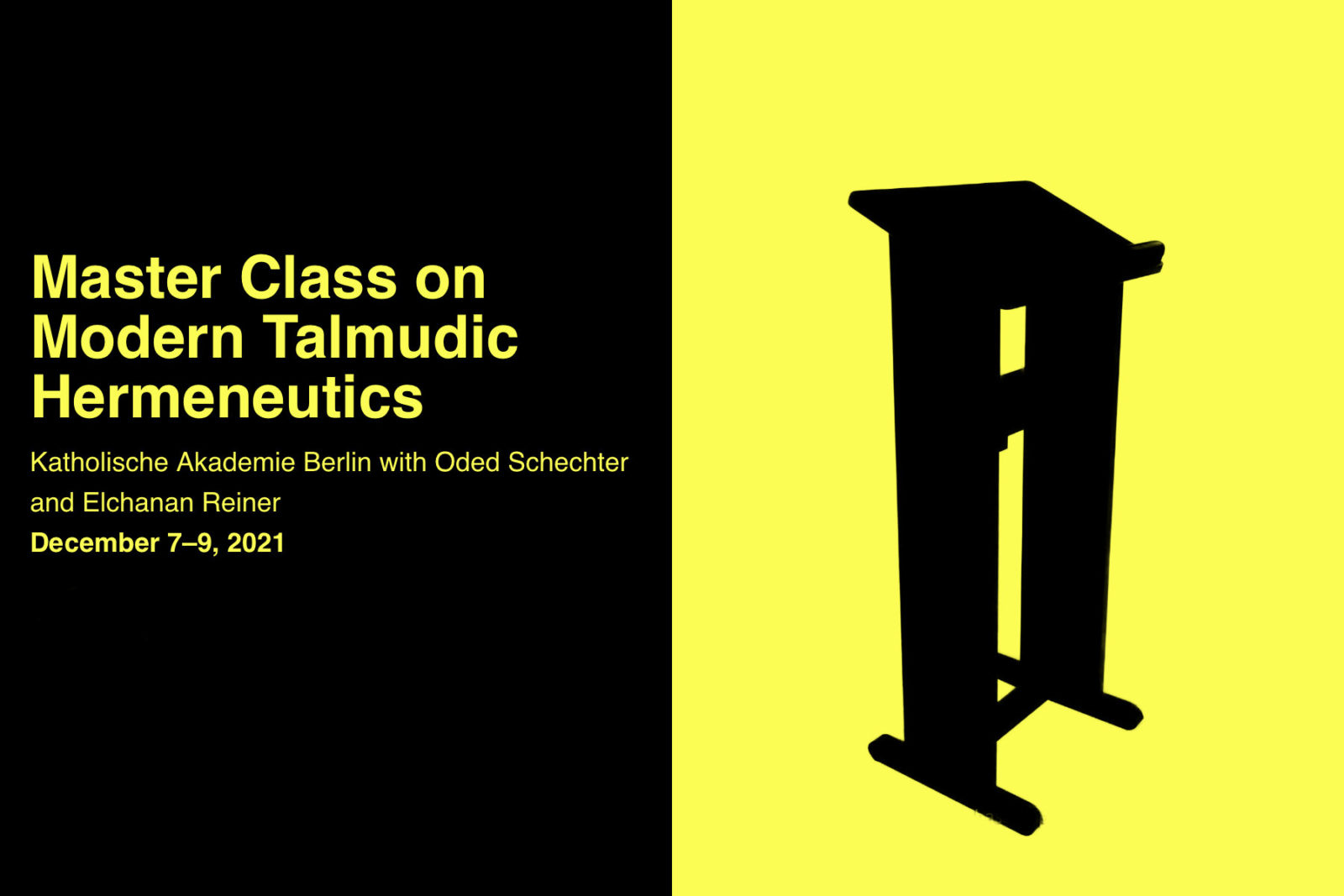
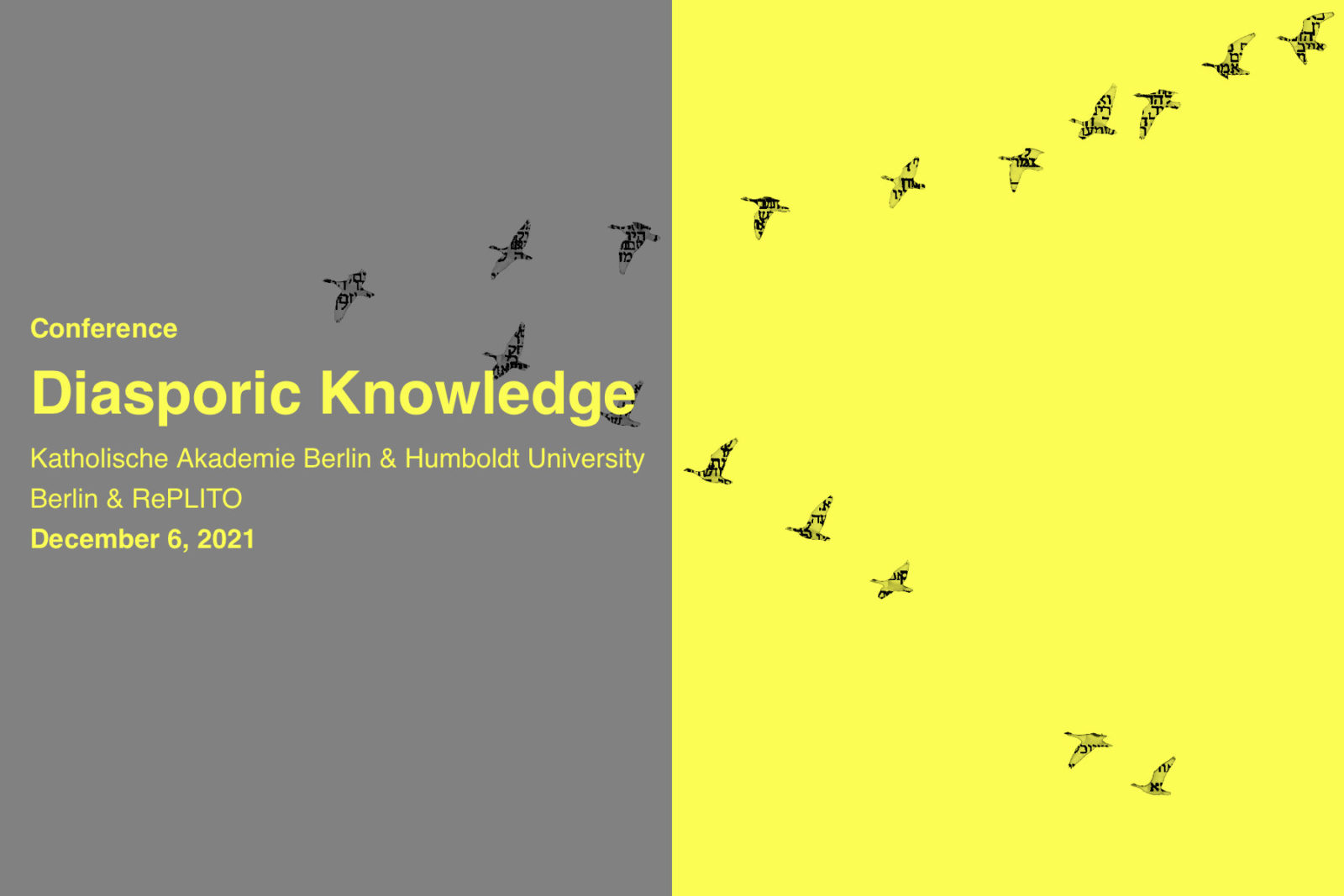
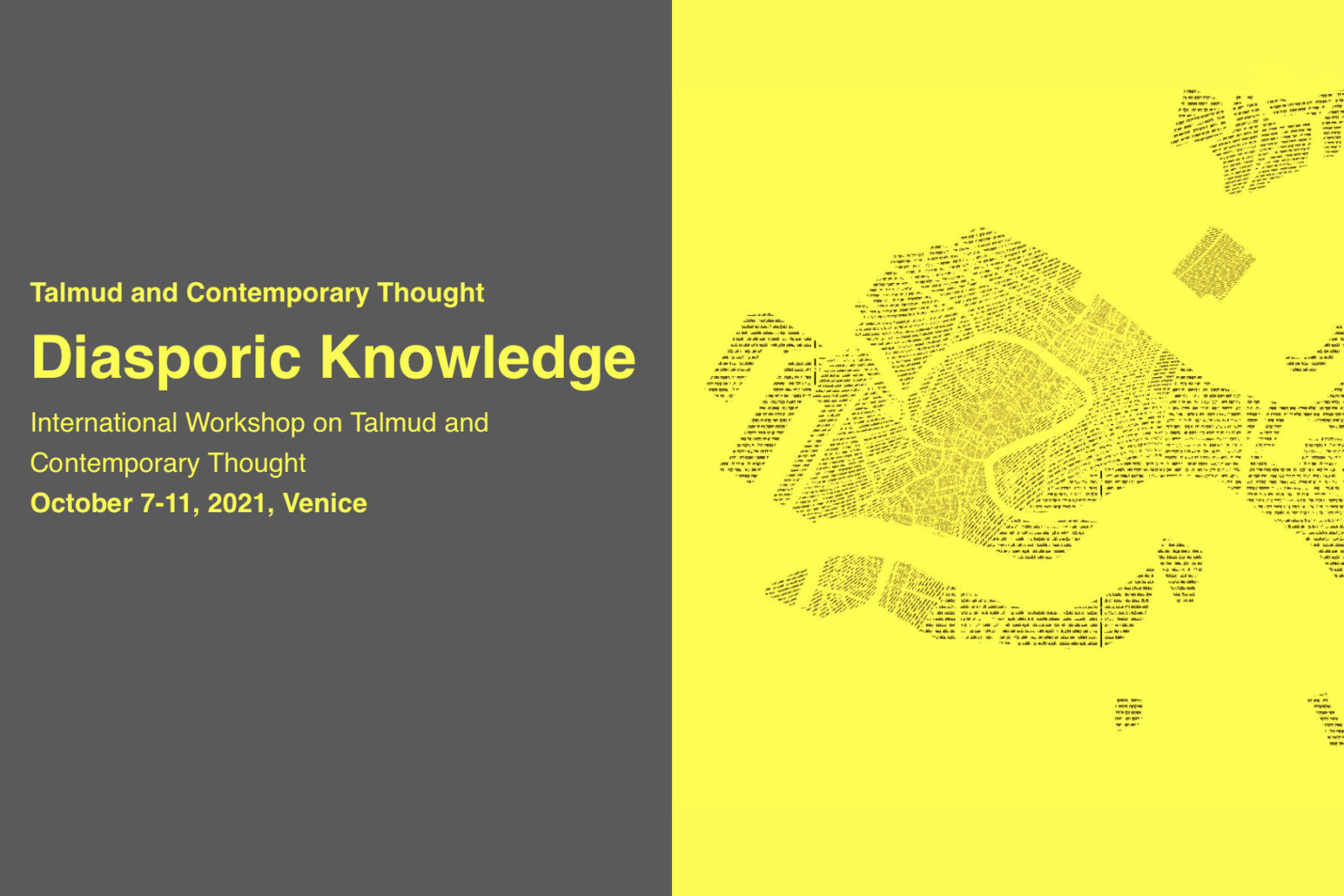
Talmud and Contemporary Thought
Talmud as Diasporic Knowledge
Talmud and Contemporary Thought is a project of intellectual encounters, which explores ways of how the rabbinic traditions of text may offer a medium for contemporary thought that engages on issues of current social, political and cultural concern.
The project consists in three annual events that revolve around texts from the classical as well as from modern and contemporary Talmudic tradition: (1) a text workshop for scholars working on contemporary theory and thought, both in Talmud and in non-Talmudic traditions, which will take place in various locations with historical significance for the Talmudic intellectual tradition in cooperation with local partners (Venice, Paris, Vilnius); (2) a conference for academic and non-academic participants at the Katholische Akademie Berlin; (3) a master class for graduate students on modern and contemporary rabbinic hermeneutics, at the Katholische Akademie and other related institutions in Berlin.
The guiding theme for 2021 is Talmud as diasporic knowledge. The idea of diasporic or exilic knowledge expresses a basic existential condition of critical thought, which takes a distance from its own – social, cultural, political – location, in order to critically reflect on it. The more critical thought becomes, the more it seeks strategies of knowledge diapora. Rabbinic traditions have long been acknowledged as cultures of diasporic knowledge, the Talmud as a “travelling homeland” (Daniel Boyarin).
This year’s events will explore various aspects in which Talmudic knowledge may be said to be diasporic, both in relation to its socio-political Sitz im Leben, i.e. diasporic Jewish communities, and in relation to its themes, i.e. life in diasporic conditions, as well as in the very structure of its knowledge, i.e. as text, as discourse, as subjectivity, as institutions.


